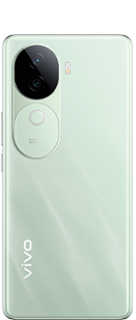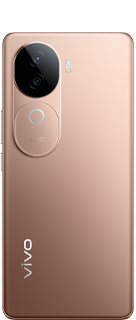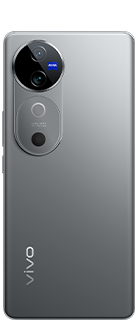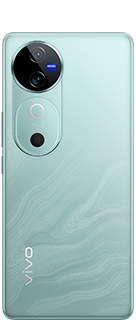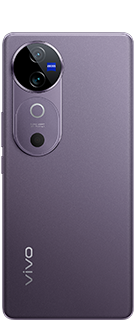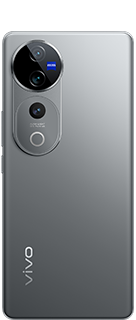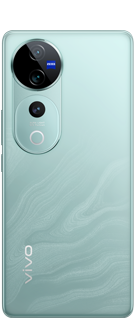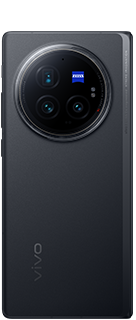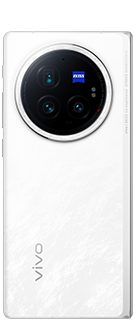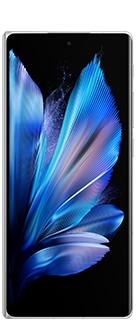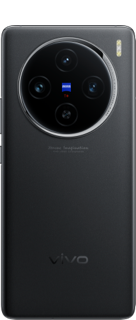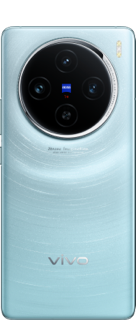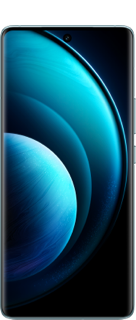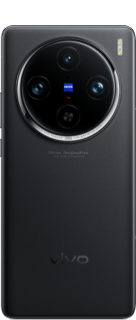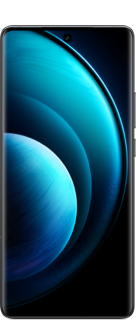
Hello @vivo India Vivoicers,
Artificial intelligence (AI) is revolutionizing the way content is created and consumed, as well as transforming the field of photography. In content creation, AI algorithms are being used to generate written articles, design graphics, and even compose music. These systems can analyze vast amounts of data to identify trends, patterns, and audience preferences, enabling content creators to tailor their material for maximum impact.
In photography, AI-powered tools are enhancing image quality, automating editing processes, and enabling creative exploration. AI algorithms can intelligently enhance photographs by adjusting colors, contrast, and lighting, resulting in professional-looking images with minimal manual intervention. Additionally, AI-driven cameras and software can assist photographers in capturing the perfect shot by analyzing composition, suggesting framing options, and even predicting potential subjects or moments to photograph.

Furthermore, AI is enabling new forms of content creation and storytelling through techniques such as deepfake technology, which allows for the manipulation of audio and video to create realistic simulations of people or events. While these advancements offer exciting possibilities, they also raise ethical concerns regarding misinformation and privacy.

Overall, AI is transforming content creation and photography by streamlining processes, enhancing quality, and enabling innovative approaches to storytelling. As these technologies continue to evolve, they will undoubtedly shape the future of these industries in profound ways.
AI offers numerous benefits in content creation and photography, it also presents challenges and risks that must be carefully addressed to ensure its responsible and ethical use.here are some positive and negative impacts of AI:
Positive Impacts:
1. Efficiency: AI streamlines content creation and photography processes, reducing the time and effort required for tasks such as editing, organizing, and analyzing data.
2. Quality Enhancement: AI-powered tools can improve the quality of content and photographs by enhancing colors, contrast, and composition, resulting in more polished and professional-looking outputs.
3. Accessibility: AI enables individuals with limited technical skills to engage in content creation and photography by providing user-friendly tools and automated features.
4. Innovation: AI fosters creativity and innovation by offering new ways to explore and experiment with content creation and photography techniques, leading to the development of novel styles and approaches.


Negative Impacts:
1. Job Displacement: AI automation may lead to job loss or displacement for professionals in content creation and photography industries, as certain tasks become automated, reducing the demand for human labor.
2. Ethical Concerns: AI-powered deepfake technology raises ethical concerns regarding misinformation, manipulation, and privacy violations, as it can be used to create realistic simulations of people or events.
3. Dependence: Over-reliance on AI tools may diminish the skills and creativity of content creators and photographers, leading to a homogenization of content and a loss of artistic expression.
4. Bias and Discrimination: AI algorithms can perpetuate biases present in training data, leading to unfair or discriminatory outcomes in content creation and photography, particularly in areas such as image recognition and facial analysis.


Here are some Questions and Answers that come to mind related to Ai
1.How do you perceive AI's role in content creation and photography? Has it enhanced your creative process or posed challenges?
AI’s role in content creation and photography is undoubtedly significant, offering both benefits and challenges. While AI tools have streamlined certain aspects of my creative process, such as automated editing and image recognition, they have also posed challenges in maintaining the authenticity and originality of my work.
2.How do you think AI-driven editing tools affect the uniqueness and individuality of visual content?
AI-driven editing tools have the potential to both enhance and diminish the uniqueness of visual content. While they can aid in generating diverse styles and effects, there’s a risk of oversaturation and homogenization as many creators rely on similar algorithms and presets.
3.Do you believe AI cameras like the Paragraphica AI Camera will democratize photography, or do they risk overshadowing traditional skills?
AI cameras like the Paragraphica AI Camera could democratize photography by making it more accessible to a broader audience. However, they also raise concerns about the depreciation of traditional photography skills and the potential loss of human connection and interpretation in image creation.
4.In what ways can content creators and photographers strike a balance between leveraging AI technology and preserving artistic integrity?
To strike a balance between leveraging AI technology and preserving artistic integrity, content creators and photographers must use AI tools as aids rather than replacements for human creativity. This involves experimenting with AI while still maintaining a personal touch, embracing imperfections, and infusing their unique vision into the final output.

Please sign in
Login and share
